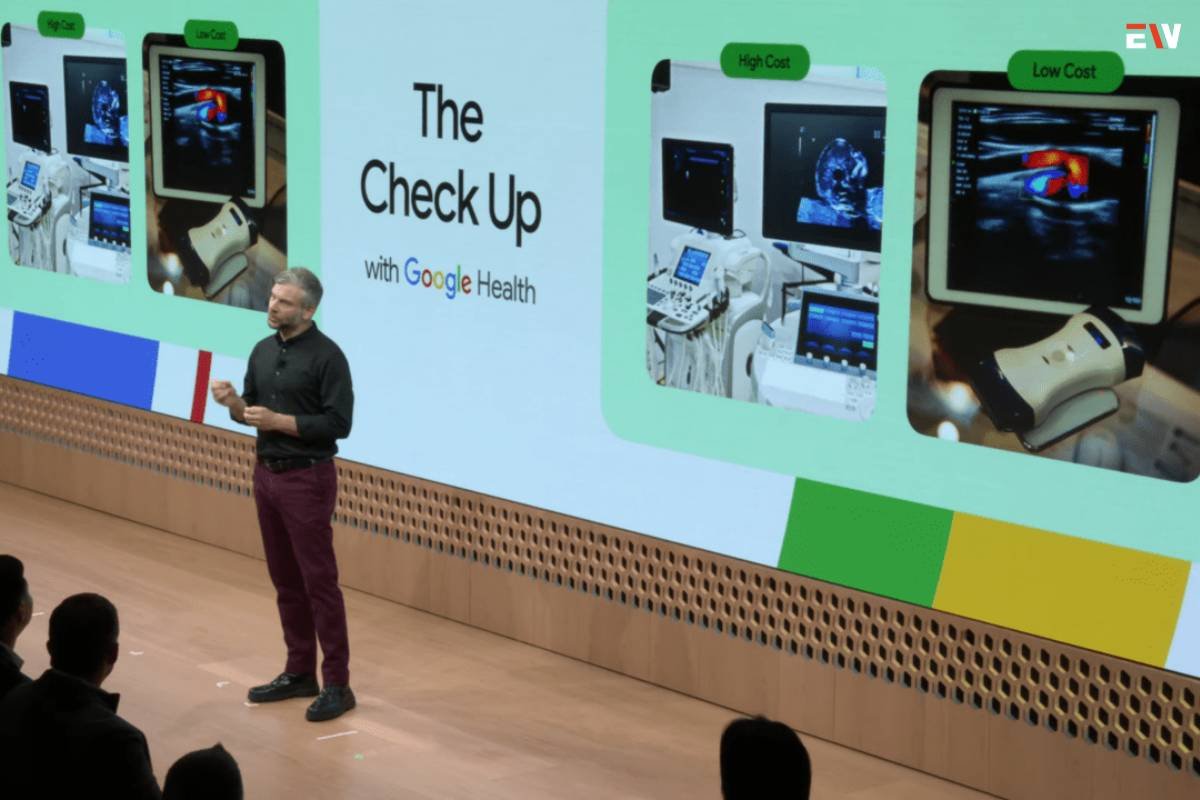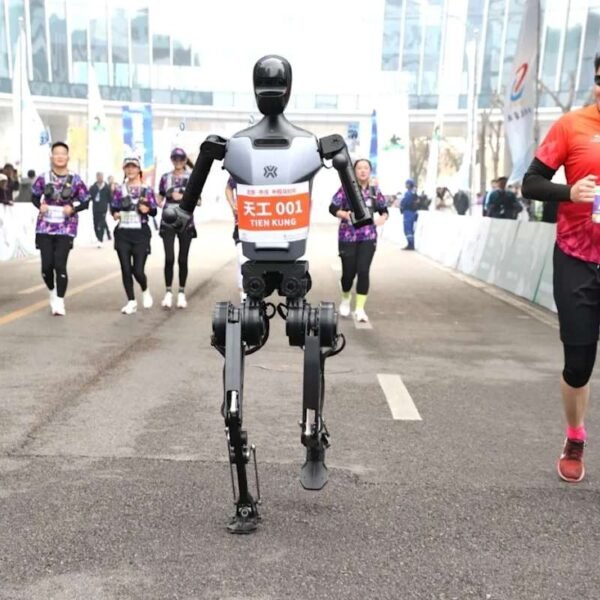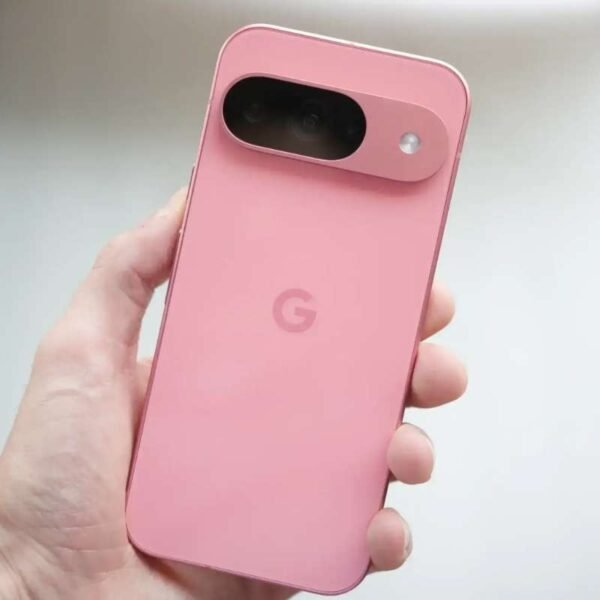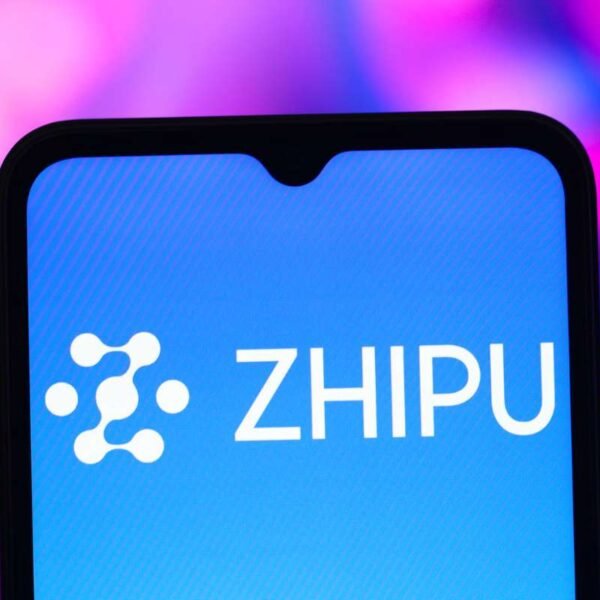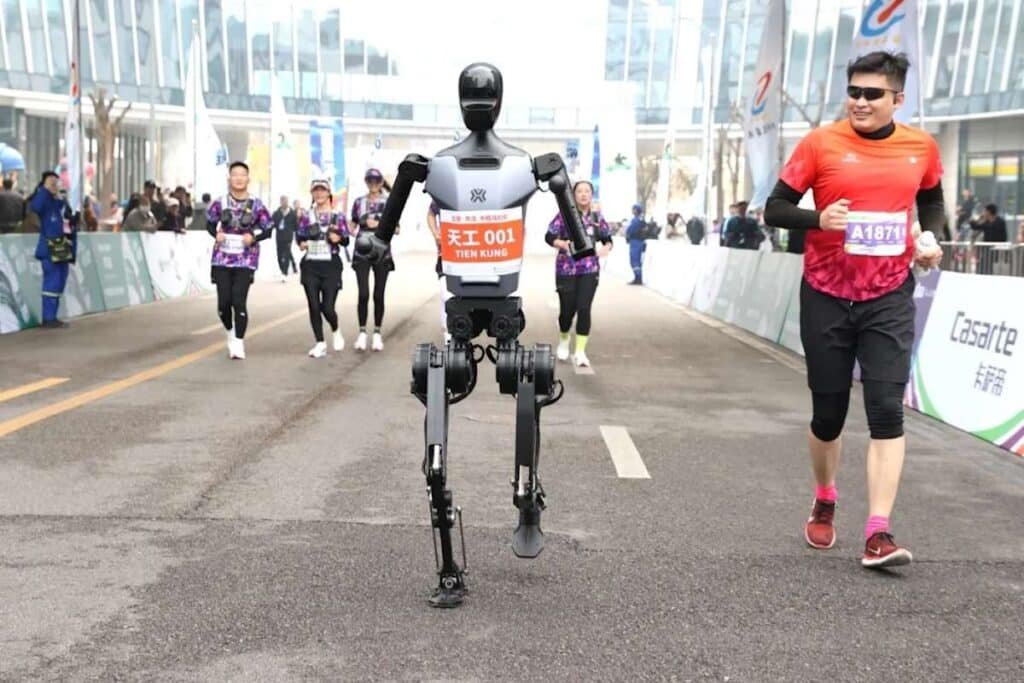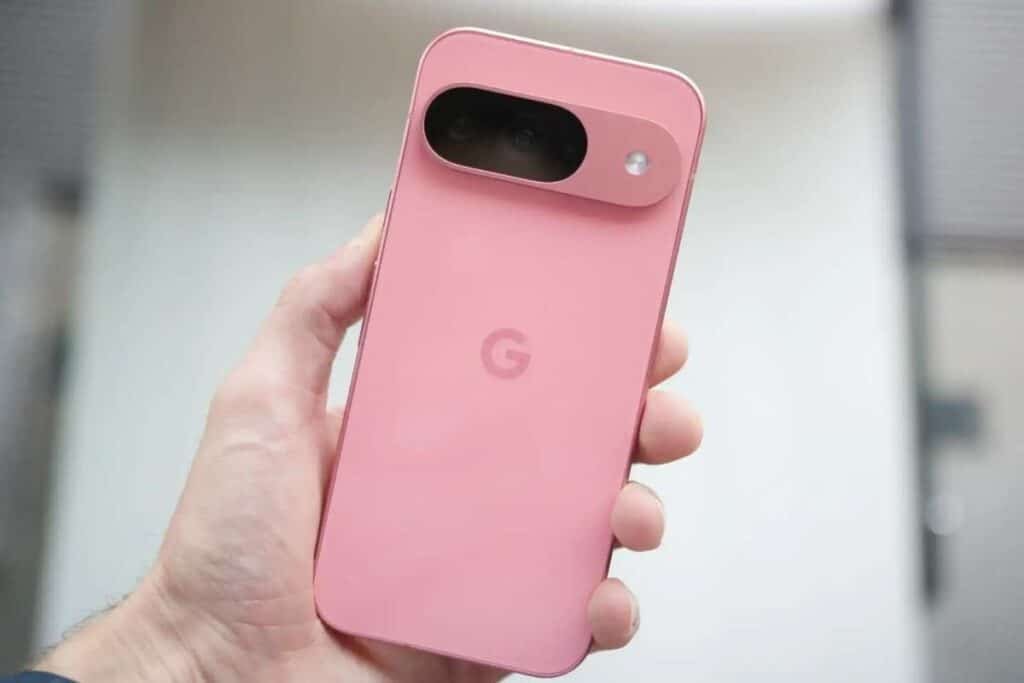Source – Fierce Healthcare
Tech Giant Ventures into Personalized Wellness with AI
In a significant stride toward personalized healthcare solutions, Google has announced its ambitious project to develop a Personal Health Large Language model, leveraging its advanced Gemini models. This innovative AI endeavor aims to analyze data from Fitbit devices, paving the way for tailored wellness advice and recommendations. While specific integration timelines remain undisclosed, Google’s representatives hint at the model’s imminent use in the upcoming Fitbit Labs program, alongside other AI enhancements for Fitbit and Pixel devices.
Empowering Wellness through Data Insights
One of the key functionalities of Google’s Personal Health Language model lies in its capability to scrutinize sleep patterns and subsequently offer exercise regimen adjustments. This echoes Google’s earlier demonstrations at the Made by Google event, where its AI prowess deciphered workout data to provide insightful feedback. The model’s training, drawing from de-identified health signals and validation by accredited coaches, underscores Google’s commitment to data integrity and user well-being.
Navigating Data, Not Diagnosing
Google’s initiative emphasizes data comprehension rather than medical diagnosis. Florence Thng, Fitbit’s director and product lead, clarifies that the model aims to streamline data interpretation rather than replace professional medical advice. This distinction aligns with prevailing trends in smartwatch and fitness tracker functionalities, where health insights complement rather than substitute medical expertise.
Addressing Concerns and Future Prospects
While Google’s foray into personal health AI heralds promising prospects, it’s not devoid of challenges. Recent scrutiny of Google’s Gemini AI for historical inaccuracies in generated images underscores persistent issues of bias and hallucination in generative AI models. Thng acknowledges such concerns and assures a cautious approach, with initial launches as experimental features to solicit user feedback. Moreover, ensuring the model’s adeptness in on-device processing remains pivotal, balancing security and accessibility considerations.
Awaiting Google’s AI Vision Unveiling
As Google gears up for its annual developers’ conference, Google I/O, anticipation looms regarding further revelations about its generative AI endeavors. Key questions about deployment timelines, product integration, and processing methods await elucidation, offering glimpses into the transformative potential of AI in personal healthcare. Whether Google’s AI revolutionizes personal health tracking or encounters challenges remains to be seen, but its strides undoubtedly mark a significant paradigm shift in personalized wellness solutions.

